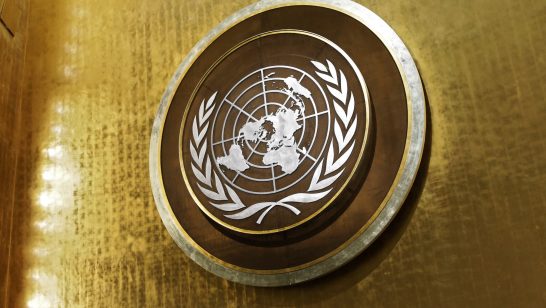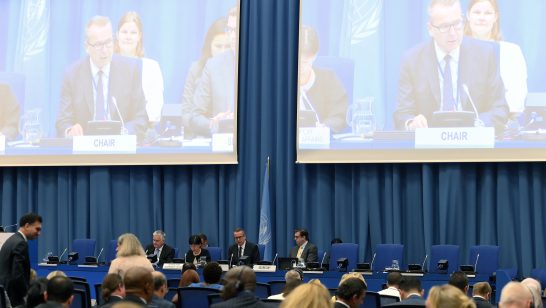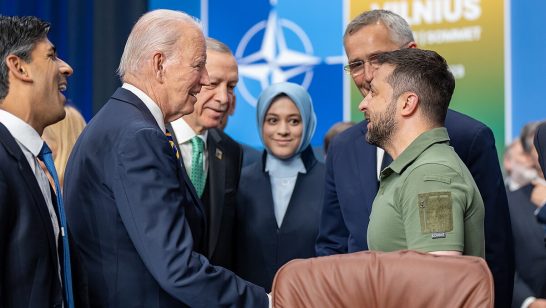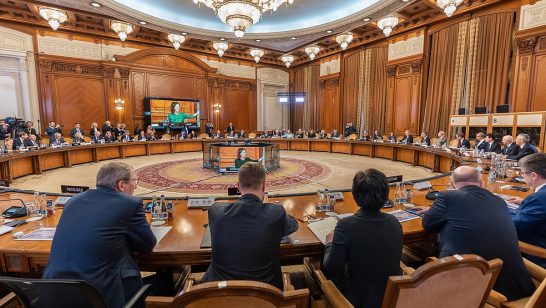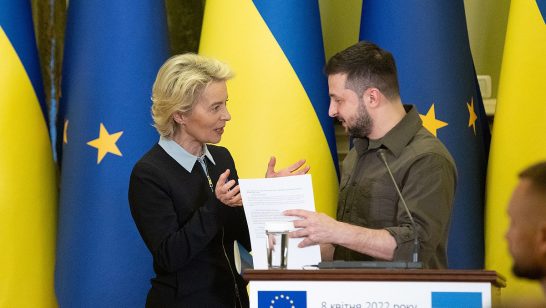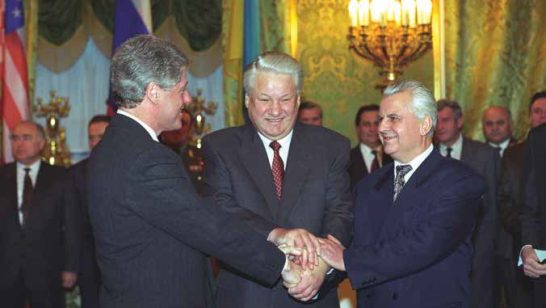
Nuclear disarmament verification and the NPT: De-politicising the political
In our latest commentary from the ELN’s New European Voices on Existential Risk (NEVER) network, Kim Westerich-Fellner explores how focusing on technical issues such as nuclear arms verification, can be used as a means of sidestepping the political disputes between States Parties that have more often than not inhibited progress and cooperation within the structures of the Nuclear Non-Proliferation Treaty (NPT).

